
Iran’s Pet-Chem Exports Post %5 Rise in 10 Months

Speaking on Sunday on 5 percent increase in petrochemical exports, Hosseini said, “Launching new petrochemical units in the country has been cited as one of the main reasons behind export increase of petrochemicals.”
Touching upon the spread of a novel coronavirus, labled by the World Health Organization (WHO) as the COVID-19, in the world and its impact on global energy market, he added, “The outbreak of the COVID-19 has left severe effects on oil market and downstream industries from two aspects.”
According to him, Iran may be affected severely as a result of outbreak of coronavirus, for, a major part of Iran’s petrochemical products is exported to neighboring countries.
Iran’s petrochemicals are mainly exported to two neighboring countries of Turkey and Iraq, he said, adding, “If closure of borders and insecurity continue in this field, it may affect exports market greatly.”
Last week a new report was out which showed that Iran’s production of chemical and petrochemical data-x-items have posted a 1.9 percent increase in the first 10 months of the current local calendar year (March 21, 2019 –January 20, 2020), indicating that Tehran has overpowered Washington’s pressures.
Statistics showed that 45,885,000 tons of petrochemicals were produced from March 21, 2019 to Jan. 20, 2020, showing a 1.9 percent growth in the 10-month period compared with the corresponding period in the last year.
In this period, production of polystyrene recorded a 60 percent decline while production of polycarbonate and resin epoxy registered a 48.8 and 11.9 percent slump respectively.
In the meantime, production of rubber styrene butadiene, polypropylene [PP] and polyethylene [PE] recorded a 19, 9.5 and 8.7 percent increase respectively.
In October, the National Petrochemical Company (NPC) of Iran announced that the diversity of petrochemicals produced in Iran is expected to be enhanced by 2025 as the country is planning to realize the sector’s second and third leaps by 2025.
The first leap of the industry took place in 2011 while the second and third leaps are planned to be realized by 2021 and 2025, respectively.
Furthermore, NPC considered feedstock supply to the plants as a priority, adding that the leaps would allow domestic production of key petrochemical data-x-items in the country.
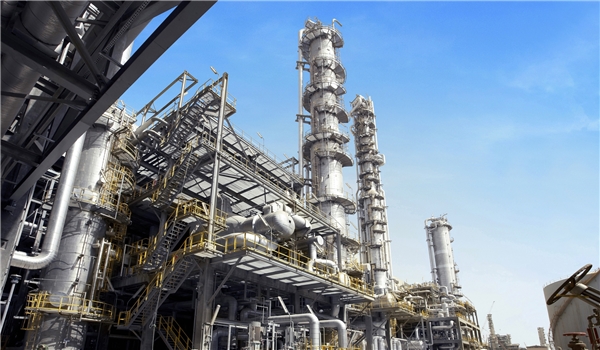


Codelco seeks restart at Chilean copper mine after collapse

Uzbek gold miner said to eye $20 billion value in dual listing

Hudbay snags $600M investment for Arizona copper project

BHP, Vale offer $1.4 billion settlement in UK lawsuit over Brazil dam disaster, FT reports

Peabody–Anglo $3.8B coal deal on the brink after mine fire

Minera Alamos buys Equinox’s Nevada assets for $115M

SSR Mining soars on Q2 earnings beat

Century Aluminum to invest $50M in Mt. Holly smelter restart in South Carolina

A global market based on gold bars shudders on tariff threat
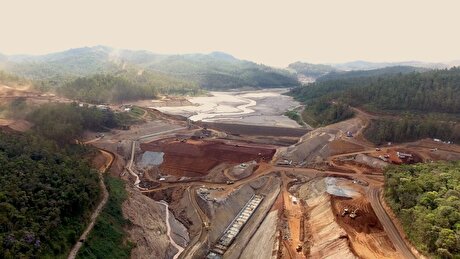
Samarco gets court approval to exit bankruptcy proceedings
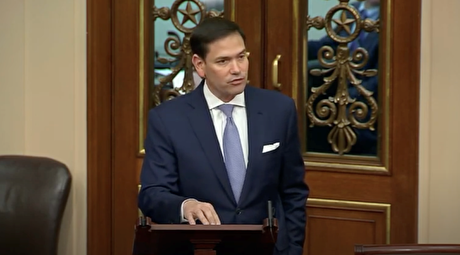
US eyes minerals cooperation in province home to Reko Diq
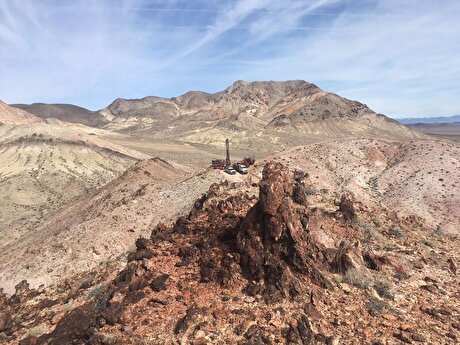
Allegiant Gold soars on 50% financing upsize
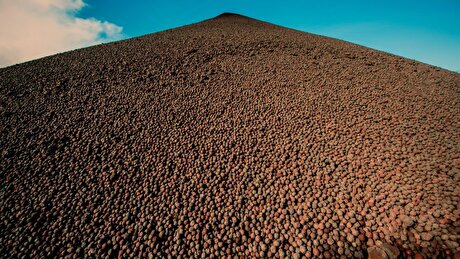
Explaining the iron ore grade shift

Metal markets hold steady as Trump-Putin meeting begins

Trump to offer Russia access to minerals for peace in Ukraine

Gemfields sells Fabergé luxury brand for $50 million

Gold price stays flat following July inflation data

Eco Oro seeks annulment of tribunal damage ruling
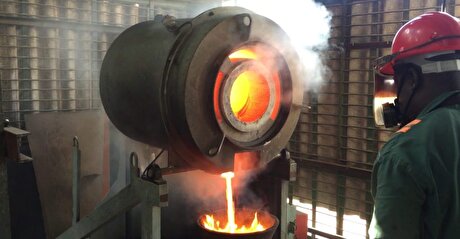
Zimbabwe labs overwhelmed as gold rally spurs exploration, miner says

Samarco gets court approval to exit bankruptcy proceedings

US eyes minerals cooperation in province home to Reko Diq

Allegiant Gold soars on 50% financing upsize

Explaining the iron ore grade shift

Metal markets hold steady as Trump-Putin meeting begins

Trump to offer Russia access to minerals for peace in Ukraine

Gemfields sells Fabergé luxury brand for $50 million

Gold price stays flat following July inflation data

Eco Oro seeks annulment of tribunal damage ruling














